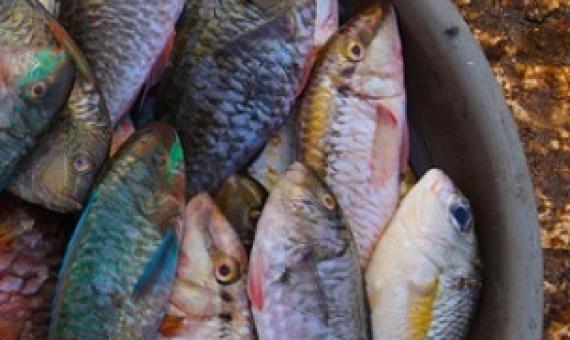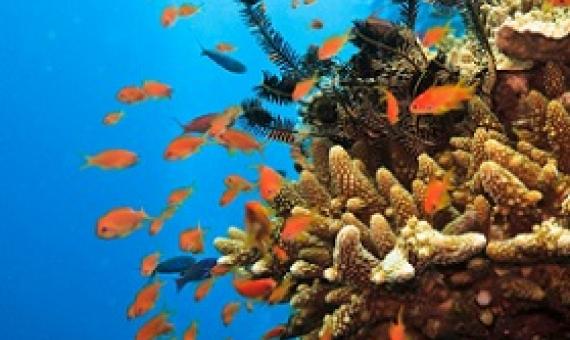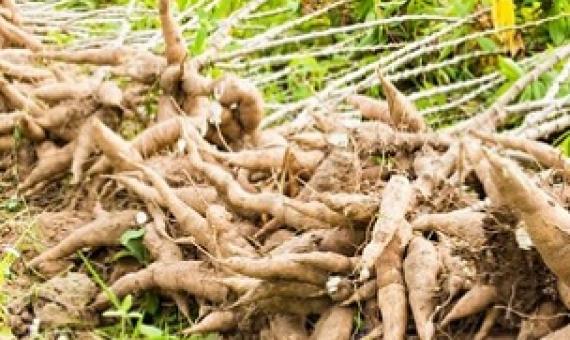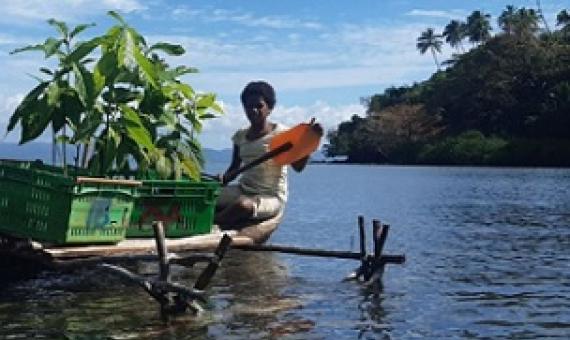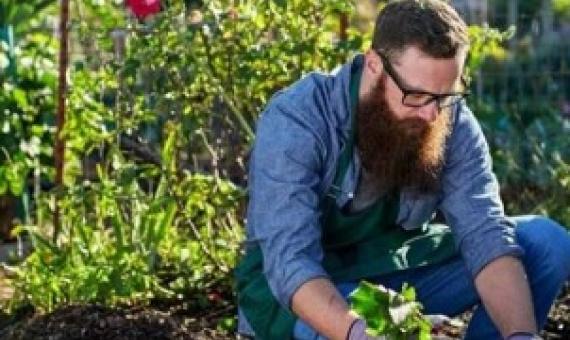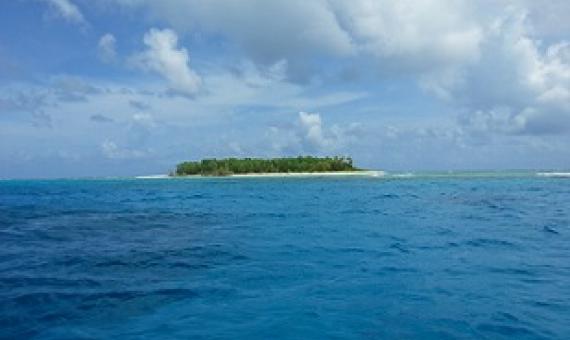Linking Human Destruction of Nature to COVID‑19 Increases Support for Wildlife Conservation Policies
This paper investigates if narratives varying the cause of the COVID-19 pandemic affects pro-wildlife conservation outcomes. In a pre-registered online experiment (N=1081), we randomly allocated subjects to either a control group or to one of three narrative treatment groups, each presenting a different likely cause of the COVID-19 outbreak: an animal cause; an animal and human cause (AHC); and an animal, human or lab cause.
